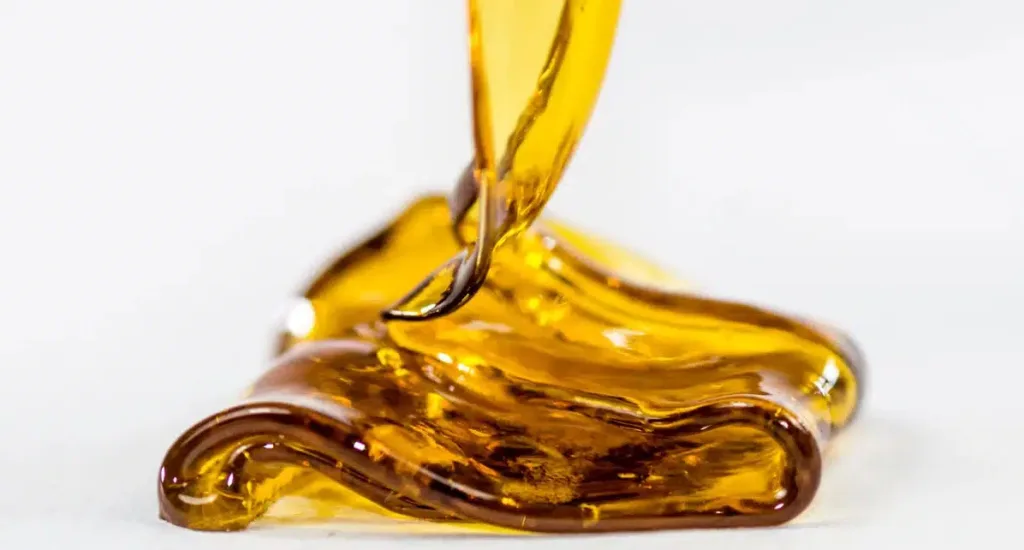The use of cannabis oil containing both THC and CBD “demonstrated a modest overall long-term improvement in chronic pain and related symptoms and a reasonable safety profile”, according to a new study.

Cannabis oil.
The study was published in the journal PAIN Reports, in addition to being published online by the US National Library of Medicine. The study was conducted by researchers at the University of Haifa, the Hadassah-Hebrew University Medical Center, the Schiff-Keren Pain Clinic, the Chaim Sheba Medical Center, the Tel Aviv Sourasky Medical Center, the Rabin Medical Center, the Sackler Faculty of Medicine, and the Sagol School of Neuroscience, all in Israel, as well as the Washington University School of Medicine in Missouri.
“The use of medicinal cannabis for managing pain expands, although its efficacy and safety have not been fully established through randomized controlled trials”, states the study’s abstract. “This structured, prospective questionnaire-based cohort was aimed to assess long-term effectiveness and safety of cannabis oil extracts in patients with chronic pain.”
For the study adult Israeli patients licensed to use cannabis oil extracts for chronic pain were followed prospectively for six months. The primary outcome measure was change from baseline in average weekly pain intensity, and secondary outcomes were changes in related symptoms and quality of life, recorded before treatment initiation and one, three, and six months thereafter. Generalized linear mixed model was used to analyze changes over time. In addition, “responders” (≥30% reduction in weekly pain at any time point) were identified.
The study included 218 patients at baseline, and 188, 154, and 131 at one, three, and six months, respectively. At 6 months, the mean daily doses of cannabidiol and Δ9-tetrahydrocannabinol were 22.4 ± 24.0 mg and 20.8 ± 30.1 mg, respectively.
“Pain decreased from 7.9 ± 1.7 at baseline to 6.6 ± 2.2 at 6 months (F(3,450) = 26.22, P < 0.0001)”, states the study. “Most secondary parameters also significantly improved.”
Researchers claim that “Of the 218 participants, 24% were “responders” but could not be identified by baseline parameters. “Responders” exhibited higher improvement in secondary outcomes. Adverse events were common but mostly nonserious.”
The study concludes:
This prospective cohort demonstrated a modest overall long-term improvement in chronic pain and related symptoms and a reasonable safety profile with the use of relatively low doses of individually titrated Δ9-tetrahydrocannabinol and cannabidiol.

